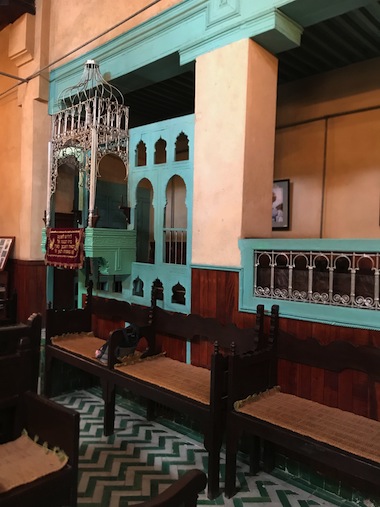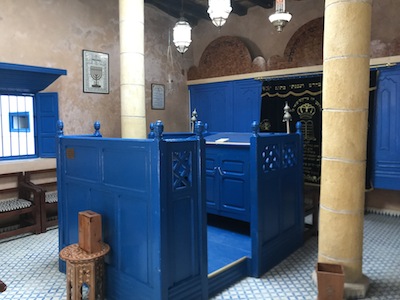The good diplomatic news keeps coming. Morocco and Israel have announced that they will begin normalizing bilateral relations. This comes on the heels of similar announcements between Israel and the United Arab Emirates, Bahrain and Sudan. There are rumours of more announcements to come.
More than 10% of Israel’s population has family roots in Morocco, adding to the emotional impact of the latest announcement.
In a year that has strained credulity in so many ways – few of them cheery – these diplomatic moves have been a bright spot. Even some longtime international observers and commentators are dumbfounded by the speed of the developments. For decades, the conventional wisdom of Middle East watchers has been that Arab recognition of and peace with Israel rests on a resolution of the Palestinian issue. Bypassing that step is a massive about-face for the countries that have made nice with Israel, and it is galling to the Palestinians and their representatives.
In most cases, the thaw in relations is a de jure recognition of de facto relations that have been in progress for years. Under-the-radar visits and economic ties have existed between Israel and some of these states long before they were officially acknowledged and celebrated. Bringing these relations out in the open was eased by a little self-interest, with a degree of cajoling and likely backroom dealing from the U.S. president and his administration.
The incentives for Arab and Muslim states to warm the cold shoulders they have given Israel include realities of geopolitics – countering the regional designs of Iran and Turkey – as well as the basket of inducements presented by the Americans. For example, the latest announcement – between Morocco and Israel – involves American recognition of Moroccan sovereignty over disputed territories of Western Sahara and American promises of billions of dollars of investments in the Moroccan economy.
Similarly, the American-brokered relationship between Israel and Sudan hinged on Sudan’s removal from the U.S. list of state sponsors of terrorism (contingent on Sudan’s provision of $335 million in compensation for victims of the Sudanese-related terrorist bombings against American interests and citizens).
The UAE and Bahrain agreements also had carrots attached. In exchange for their acquiescence, the UAE may obtain valuable American F-35 fighter jets.
All the states launching fresh relations with Israel open the opportunity for potentially lucrative deals with Israeli businesses and investors. In other words, the diplomatic thaw is not a consequence of a sudden awakening to the benign presence of what has been known by most of these states until recently as the “Zionist entity.” The trading of economic and military incentives – as well as the seemingly nonchalant abrogation of self-determination for the people of Western Sahara – suggest as much self-interest as affection for Israel.
The diplomatic isolation of Israel that began at the moment of its rebirth in 1948 was founded primarily on the rejection of the idea of Jewish self-determination – at least in the Jewish people’s ancient and modern homeland. The opposition to Israel’s existence was not premised on economic or diplomatic reasoning but, to a much greater extent, on anti-Jewish animus.
Israel’s isolation represented an abandonment of self-interest on the part of Arab and Muslim countries. Ghettoizing their own economies from the economic powerhouse of the region has been harmful to all people in the region. None have been harmed more than the Palestinians themselves, who have something to gain materially from good neighbourliness with Israel.
The series of announcements on diplomatic relations are not a result of any altruism. At least in part, they came about through old-fashioned horse-trading, including some morally questionable trade-offs, such as the forgiveness of terrorism and an internationally contentious occupation of a foreign territory, and weapons sales.
After 72 years of nearly universal rejection of Israel by its neighbours, a thaw motivated by self-interest is still a thaw. And it’s something about which to be cautiously optimistic. But it’s only a start, and there is much to be done to build the region into one that’s united in peace. It might be naive, but we still cling to the hope of Isaiah that all those weapons will eventually be exchanged for ploughshares and pruning hooks that, one day, the world over, “nation shall not lift up sword against nation; neither shall they learn war anymore.”







